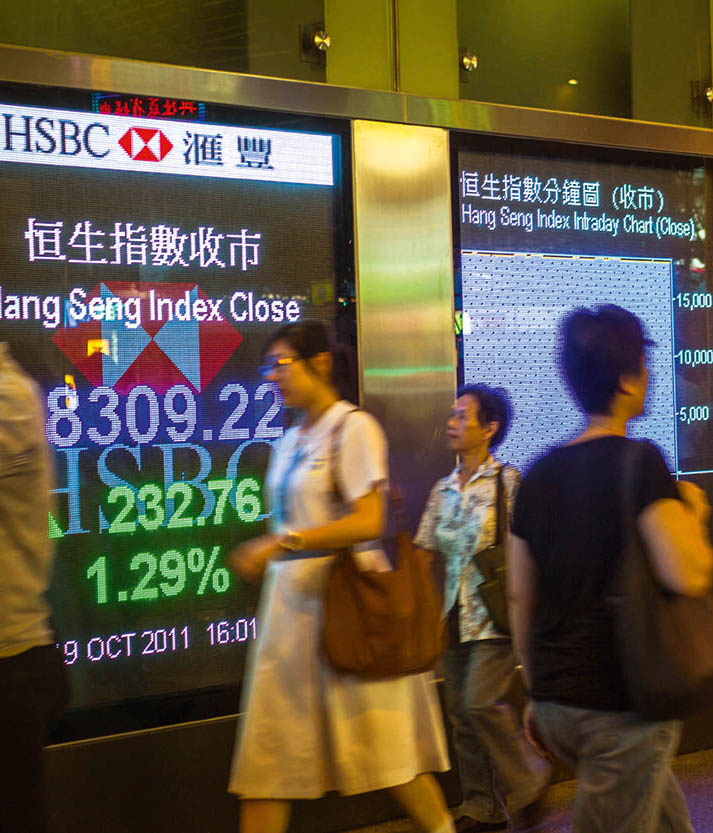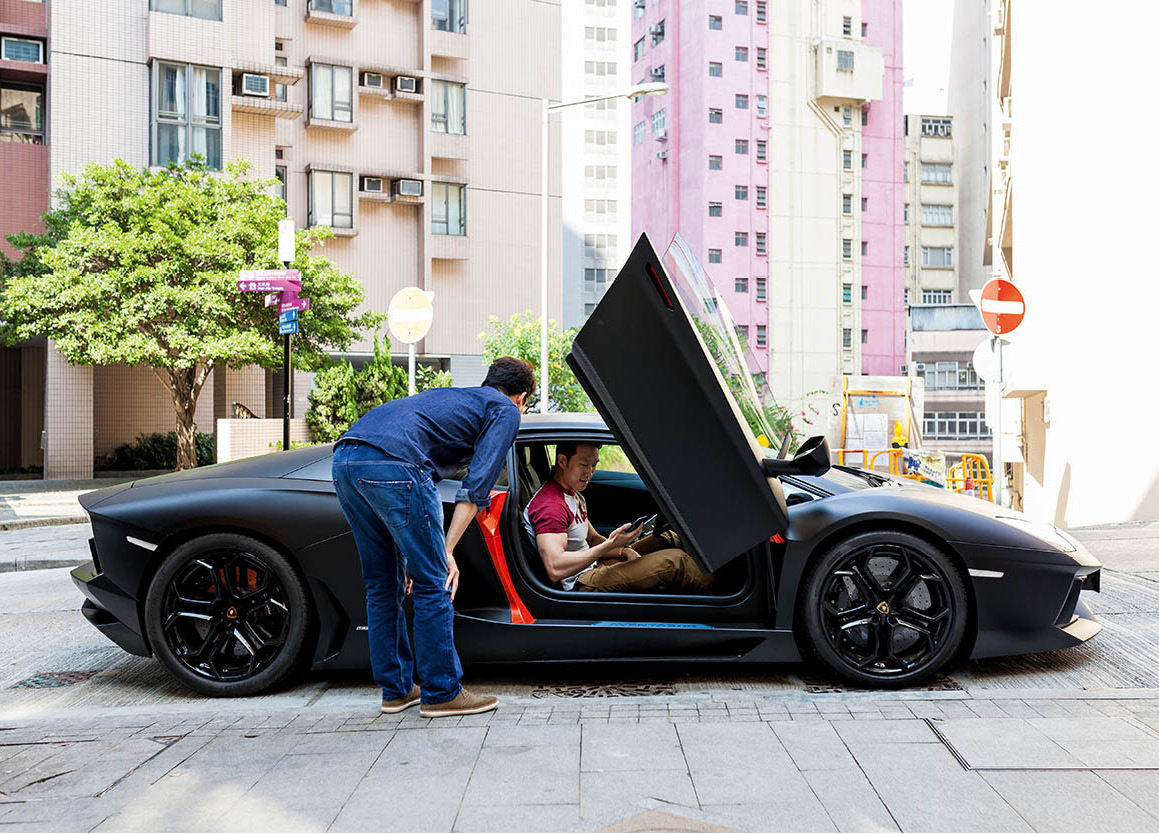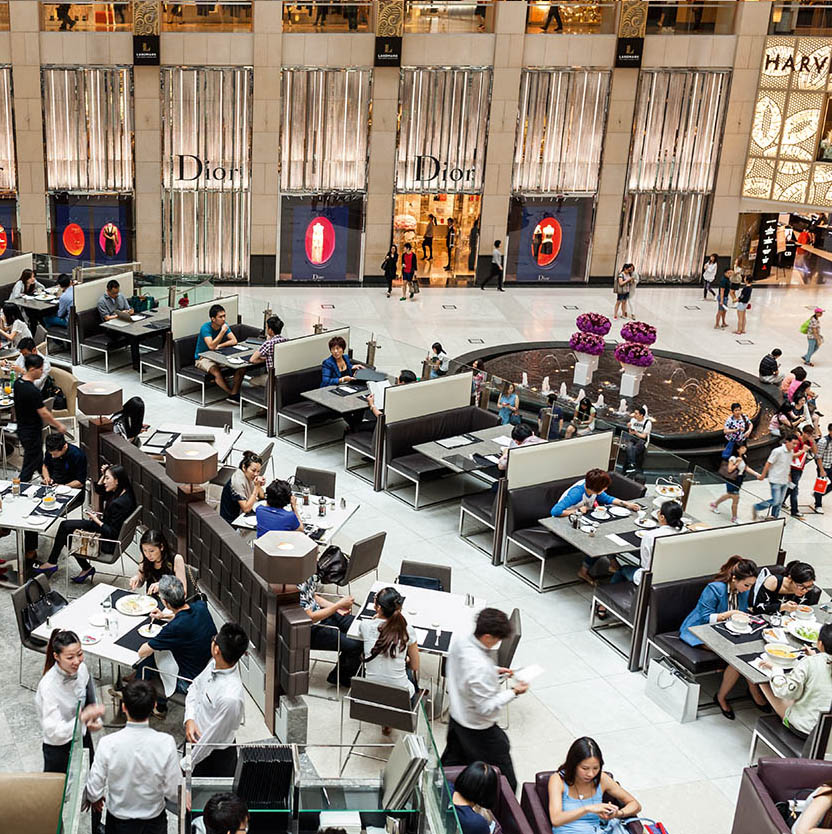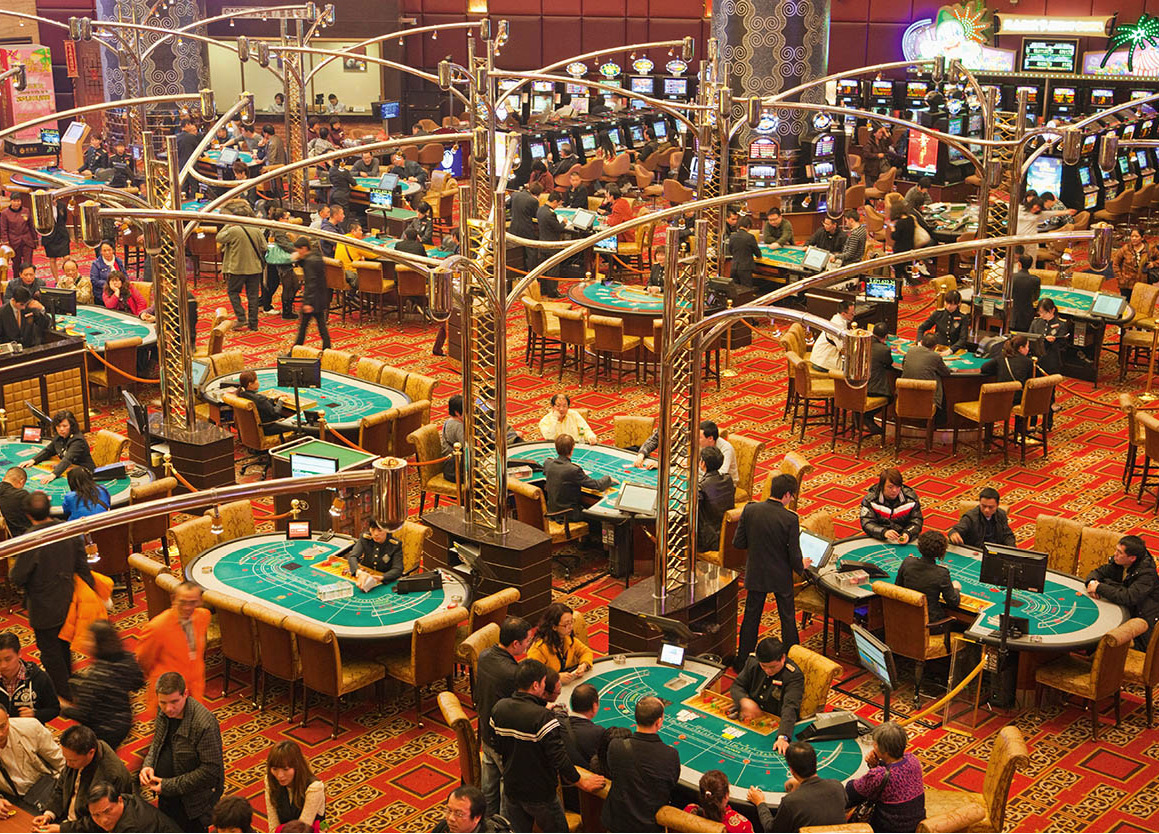Even with its limited resources and space, prosperity and affluence are among the first impressions a visitor gets after arriving in Hong Kong. At HK$285,146 (US$36,775), per capita GDP is one of the highest in the world, although this is bolstered by a small elite of super-rich residents. The median total household income was HK$248,000 (US$32,000) in 2012. According to a 2012 Forbes report, there were 37 US-dollar billionaires and the city is thought to have the highest concentration of millionaires in the world. Li Ka Shing, known locally as “Superman”, is the richest of all: in 2012 Forbes estimated his personal wealth at US$22 billion (his initial fortune was created by manufacturing plastic flowers in the 1950s). The post-2008 global recession affected Hong Kong far less than most developed economies.
Hong Kong is a city riddled with contradictions. It continues to top lists of the world’s “freest economies”, yet there is no competition law and the property-rich cartels dominate major sectors of the economy. Around half the working population earns less than HK$130,000 (US$16,700) per year, and the wealth gap has increased in recent years with 11.6 percent of households surviving on an annual income of less than HK$72,000 (US$9,285).

Financial display boards in Mong Kok.
iStock
An economic success story
An excellent deep-water harbour and a strategic location on China’s doorstep – the factors which brought the British here in the first place – have long encouraged Hong Kong’s shipping and trading business. Today it is the world’s second-busiest air cargo hub and third-busiest container port.
For the first century of British rule, Hong Kong developed as a trading port through which China did business with the rest of the world, but this entrepôt role rapidly diminished after World War II, as communist China became increasingly isolated. In a short time, the economy switched its focus to manufacturing. A large number of mainland entrepreneurs fled here after the Communist Party came to power in 1949. Bringing capital and business skills, they re-established themselves by setting up factories making textiles and toys. A sizeable workforce was on hand to provide the labour.
Manufacturing gradually diversified into electronics, printing, publishing, machinery, fabricated-metal products, plastic products (the famous “made in Hong Kong” cheap toys), watches and jewellery. But this proved to be a relatively short-lived stage in Hong Kong’s economic history.

Hong Kong has the world’s highest proportion of über-expensive cars.
Ming Tang-Evans/APA Publications
Since the late 1980s, most companies have moved their processing operations to China, where labour is considerably cheaper. Hong Kong companies own half of the 400,000 or so factories in the Pearl River Delta. By 2012 the manufacturing sector accounted for just 1.5 percent of GDP, down from 24 percent in 1984. Today many companies have an office in Hong Kong that coordinates with overseas clients looking to have goods manufactured in China or elsewhere in Asia. If they don’t have a factory of their own, they source one in China or Asia. The Hong Kong offices coordinate payments and shipping, and may also provide design services, quality control and production services. For the moment, most buyers are more confident to deal with Hong Kong-based companies, governed as they are by Hong Kong law.
As well as local success stories, Hong Kong is maintaining its role as a major international commercial and financial centre (a position it has held since the mid-1980s). There are around 3,500 international companies with regional offices in the city. Tourism is important too; Hong Kong welcomed over 48.6 million visitors in 2012.
In October 2013, Hong Kong’s foreign currency assets stood at US$309.6 billion, making it the world’s ninth-largest holder of foreign currency reserves.
Hong Kong is rich with the stories of tycoons who have ascended to the summit, fallen into the financial abyss, then climbed to the top once more, attaining legendary status.
Links with China
The single most important factor in Hong Kong’s current prosperity has been the opening up of China to foreign trade.
Until the late 1970s, the Hong Kong business sector was dominated by British companies, known as hongs by the Cantonese. The four leading British hongs were Jardine Matheson, Wheelock Marden, Hutchison Whampoa and the Swire Group. But in the last few decades, energetic and ambitious Hong Kong Chinese groups, with investments in shipping, property and the textile industry, have built new empires and taken over some of the British-founded concerns. Considering mainland China to be the biggest market in the world, Hong Kong entrepreneurs – with their blood and emotional ties to the mainland and their knowledge of the Chinese way of doing business – naturally edged out their British rivals.
Hong Kongers have a sharp eye for business. As soon as they have saved enough money by working for other people, many of them venture into their own businesses.
With the advent of Deng Xiaoping’s economic reforms in the late 1970s, Hong Kong’s strategic position as the international community’s gateway to China, and China’s trade window to the outside world, suddenly became far more important. Both China and HK benefited hugely from their fast-developing economic ties.
These days China accounts for nearly half of Hong Kong’s total trade in goods, making the mainland its largest trading partner. In 2010 just under 50 percent of all Hong Kong exports went to China, and just over half of all imported goods came from China. Hong Kong remains the largest investor in China; its companies employ an estimated 12 million people there and about 240,000 HK residents work in China. Being part of a motherland with a market of 1.3 billion people just across the border means HK businesses are ideally placed to target consumers in China and to help international companies tap into the vast opportunities there.
Currency control
To provide a stable currency, the government introduced a linked exchange-rate system in 1983 that pegged Hong Kong’s currency to the US dollar. The system was designed to align interest rates with those in the USA’s then stable economy. The exchange rate was fixed at HK$7.8 to US$1. However, during the 1997 financial crisis that spread through Asia, many people questioned the wisdom of linking Hong Kong’s currency to the US dollar so rigidly, and there is still periodic doubt as to whether the “peg” should remain. The HK dollar is now worth considerably less than the Chinese renminbi, which floats against a basket of currencies and which has increased on an almost daily basis since 2008. The renminbi is already become Asia’s regional currency and has aspirations to global reserve currency status.

The Landmark, a prestigious development.
Ming Tang-Evans/APA Publications
The peg still exists, but is coming under increasing pressure as the US economy continues to battle with an almighty debt burden and other economic issues. On the other hand, the US dollar’s relatively weakness over recent years has made Hong Kong’s currency more competitive.
Stock market gambling
Hong Kong’s Hang Seng Index, which tracks the value of stocks and shares on the Hong Kong stock market, was set up in 1969 and is considered the key indicator of the SAR’s economic health. Unsurprisingly for a place so obsessed with money, it appears, prominently, everywhere in the city on gigantic screens in Central, in taxi cabs and outer-island ferries, in elevators, hotel lobbies and shopping centres. The financial crisis hit the stock market hard and, by the end of 2013, is was still around 25 percent below the high it hit in October 2007.
Hong Kong’s other form of gambling involves horses (for more information, click here), the “Mark 6” lottery and, of course, those frequent trips to Macau.
Further reasons for economic success
The global economic crisis meant Hong Kong’s economy shrank by 2.5 percent in 2009 but it has achieved modest growth every year since and, overall, has increased by more than two-thirds since 1997. The government is quick to point out it likes to keep business people happy, with its low and simple tax regime: profits tax is capped at 16.5 percent, and salaries tax at 17 percent. There is no capital gains tax, estate duty, VAT and sales tax.

Casino gambling is only allowed offshore in Hong Kong, but is hugely important in Macau.
Corbis
The government’s long-standing policy of minimum interference and maximum support for business has been a key factor in its prosperity. A sound legal and financial framework, a convertible and secure currency, a highly efficient network of transport and communication, a skilled workforce, the enterprising spirit of locals, a high degree of internationalisation and cultural openness all help, too. Hong Kong’s financial markets have a high degree of liquidity and transparent regulations; the founding of the Independent Commission Against Corruption (ICAC) in 1974 effectively stamped out a serious corruption problem that was stifling growth, and has been of enormous benefit to Hong Kong (though it is still kept busy). There are few places in the world where it is easier to set up and register a business. On the other hand, local companies are increasingly competing with mainland companies, as the pool of skilled labour begins to extend into China.
For the moment, Hong Kong’s position as gateway to China seems assured, but financial commentators suggest it will inevitably be overtaken by Shanghai, which is tipped to become one of the world’s top three centres of commerce within the next 20 years.